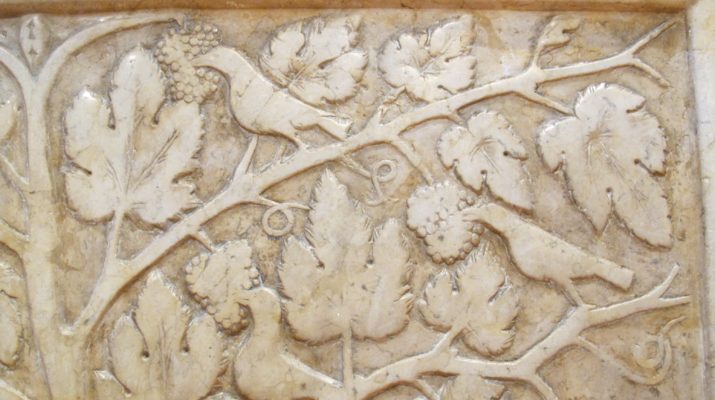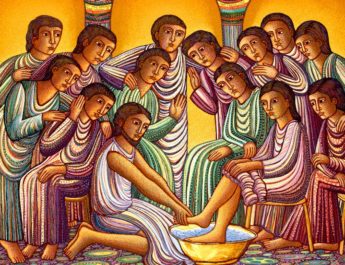D “removes” = airo. This is to lift up in a literal or figurative sense. So, it could mean to lift, carry, or raise. It could also imply lifting something in order to take it away or remove it. Figuratively, this can be used for raising the voice or level of suspense. It can mean sailing off as raising the anchor. It can also correspond to a Hebrew expression for atonement of sin (lift/remove sin).
E “branch” = klema. 4x in NT – all in this passage. From klao (to break, to break in pieces as one breaks bread). This is a shoot or branch as something broken off.
F “bears” = phero. This is to bear, bring, lead, or make known publicly. It is to carry in a literal or figurative sense
G “fruit” = karpos. Perhaps from harpazo (to seize by force, snatch away); from haireo (to choose, take). This is a fruit or vegetable, through sometimes it refers to an animal. Figuratively, it is deeds, results, profits, or gain.
H “prunes” = kathairo. 1x in NT. From katharos (clean, clear, pure, unstained; clean in a literal, ritual, or spiritual sense; so, also guiltless, innocent or upright; something that is pure because it has been separated from the negative substance or aspect; spiritually clean because of God’s act of purifying). This is to cleanse, purge, or prune. It is to purify by removing what is unwanted. Figuratively, it is to expiate.




